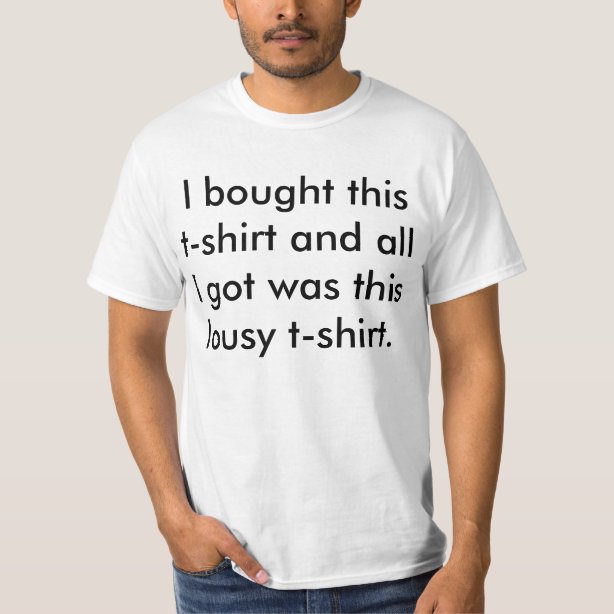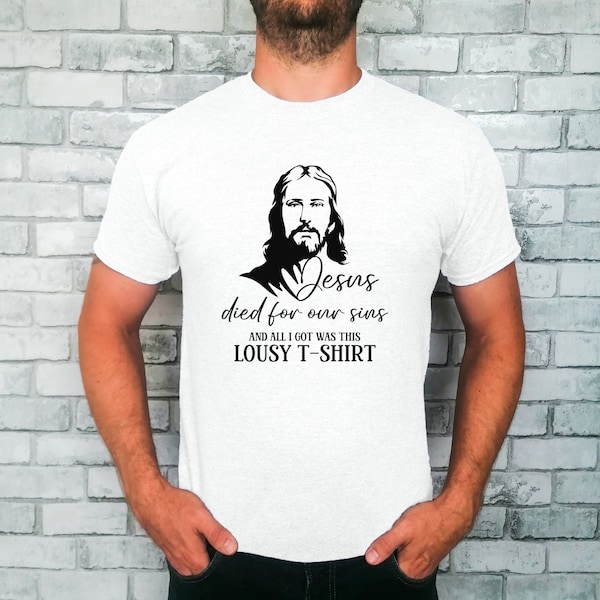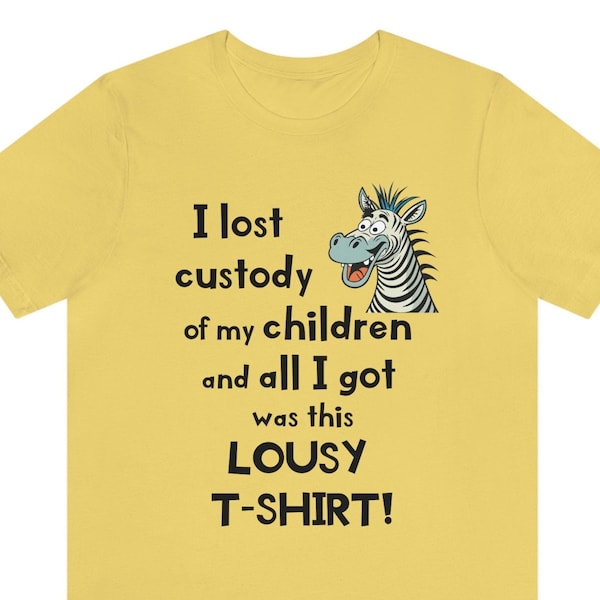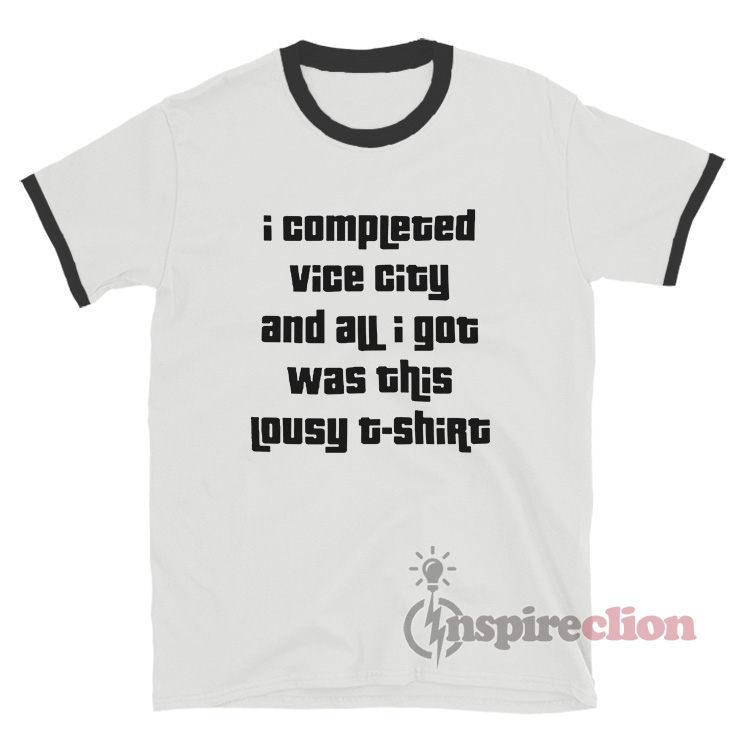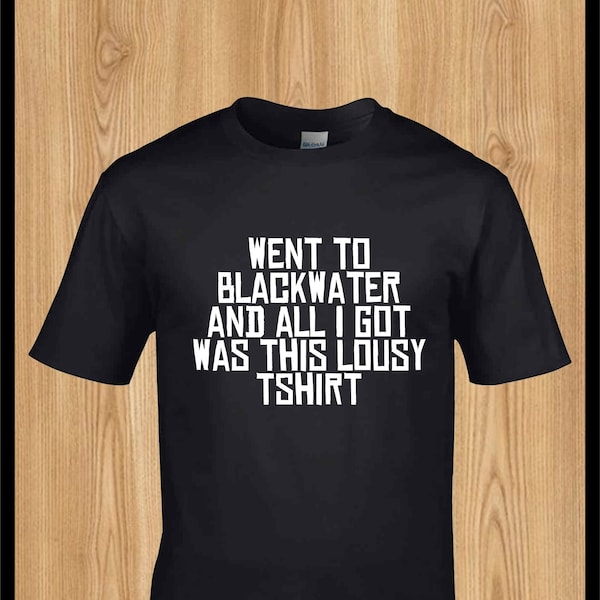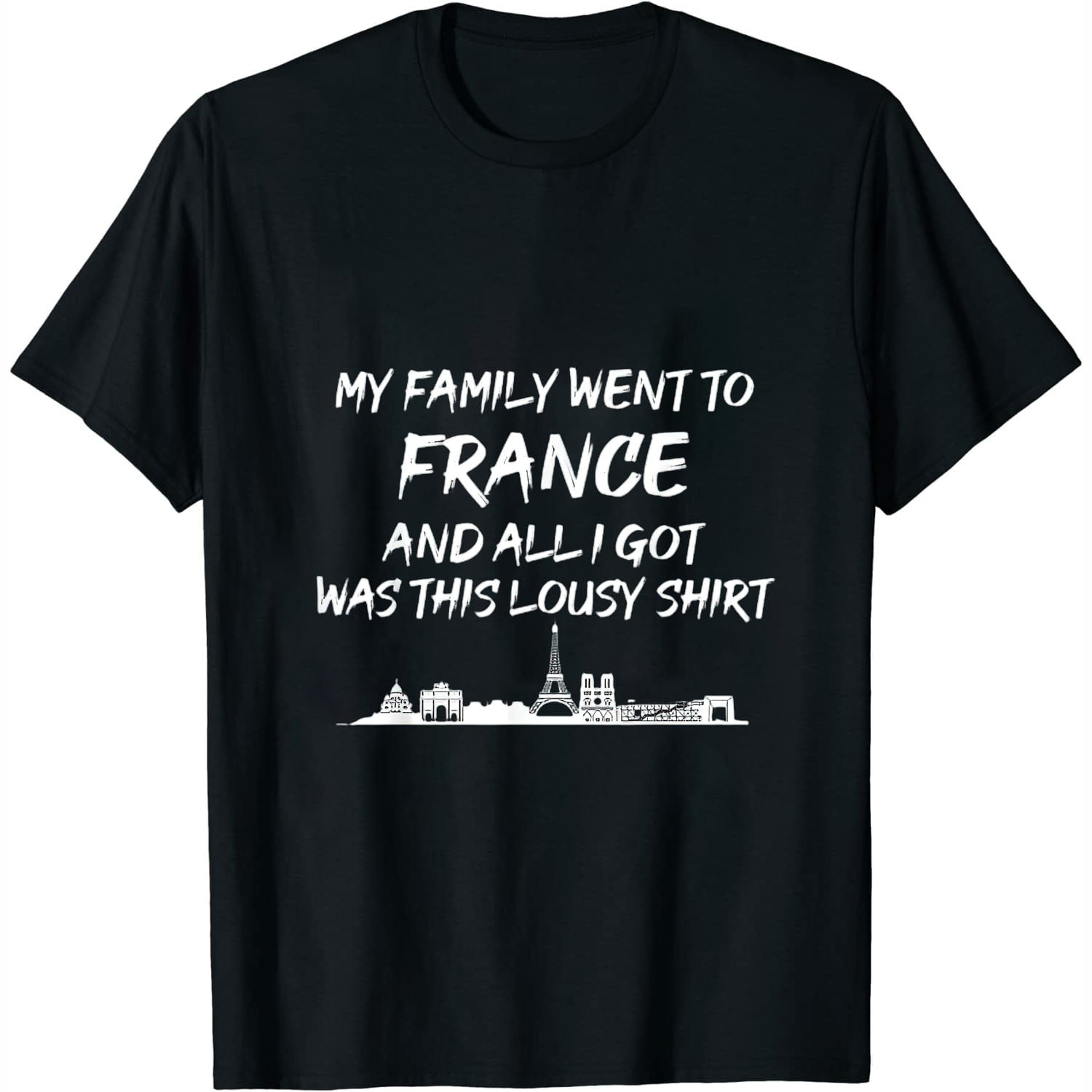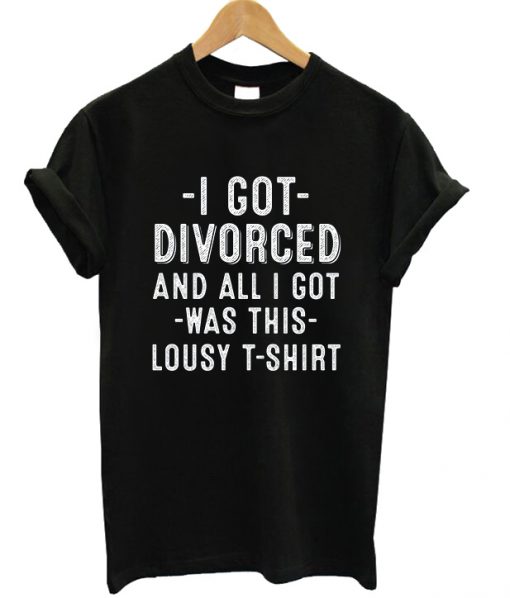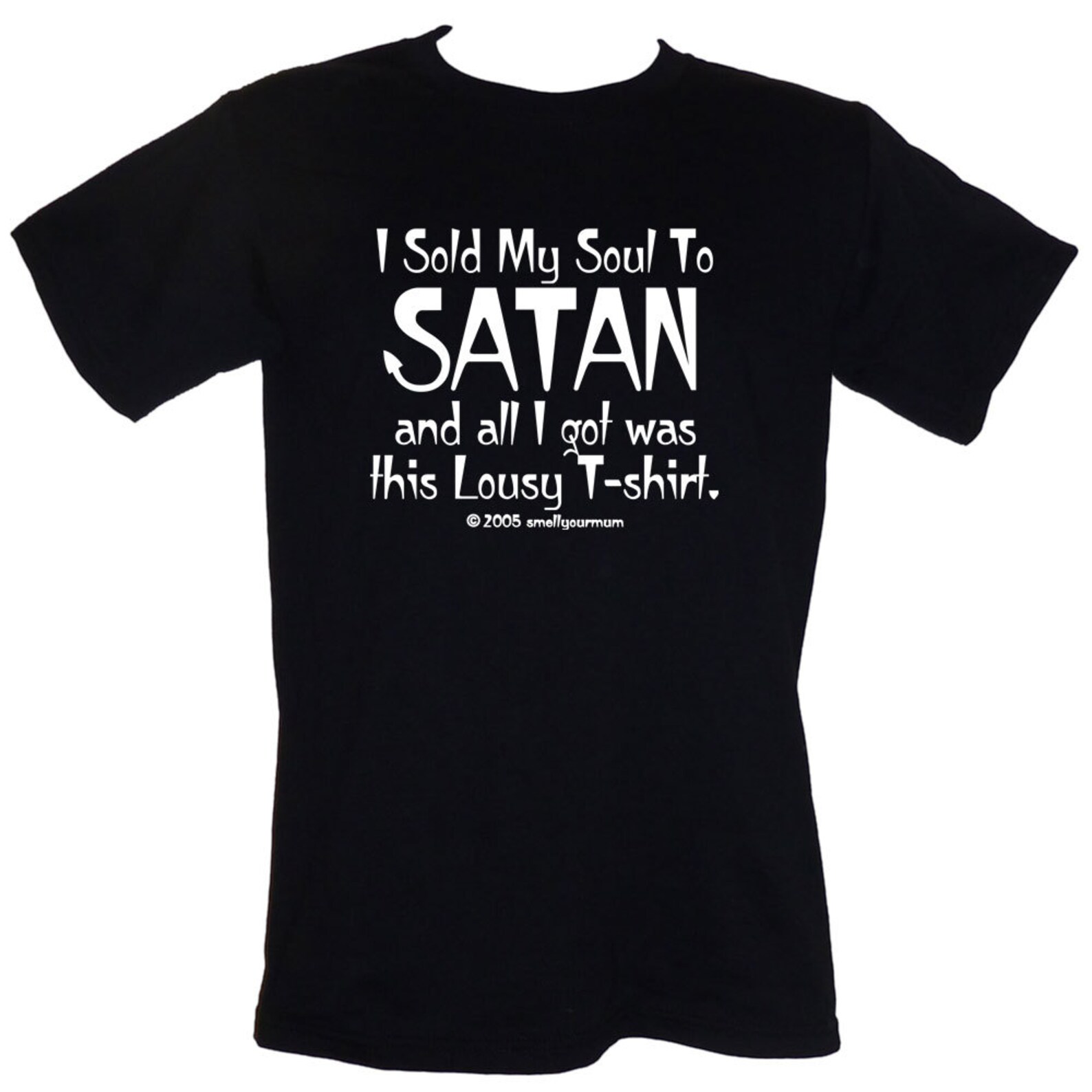And All I Got Was This T Shirt

The humble souvenir t-shirt, often dismissed as a cheap trinket, is undergoing a critical reevaluation as its environmental and ethical implications come under increased scrutiny. From music festivals to tourist hotspots, the phrase "And All I Got Was This T-Shirt" is taking on a new, more somber meaning. This shift in perception is fueled by growing awareness of the textile industry's contribution to pollution, labor exploitation, and unsustainable consumption patterns.
At the heart of this reevaluation is the question: what is the true cost of that seemingly inexpensive souvenir? The answer involves a complex web of environmental damage, human rights concerns, and economic inequalities. Understanding these issues is crucial for consumers to make informed choices and for the industry to adopt more responsible practices.
The Environmental Impact: From Cotton Field to Landfill
The life cycle of a typical souvenir t-shirt begins with the cultivation of cotton, a water-intensive crop often reliant on pesticides. According to the World Wildlife Fund (WWF), cotton production can deplete water resources and contaminate soil with harmful chemicals. This has significant environmental and social consequences, particularly in regions where water scarcity is already a major challenge.
Next is the manufacturing process, which involves spinning, weaving, dyeing, and printing. These processes often require significant energy and water consumption, while generating wastewater that can pollute waterways. The use of synthetic dyes, in particular, poses a risk to aquatic ecosystems, as they can persist in the environment and accumulate in the food chain.
Finally, the t-shirt's ultimate destination is often a landfill. Textiles, including discarded t-shirts, contribute significantly to solid waste. The Environmental Protection Agency (EPA) estimates that millions of tons of textiles are landfilled annually in the United States alone.
Ethical Concerns: Labor Practices and Human Rights
The low price of many souvenir t-shirts is often achieved through the exploitation of garment workers in developing countries. The International Labour Organization (ILO) has documented numerous cases of forced labor, child labor, and unsafe working conditions in the textile industry. Garment workers often face long hours, low wages, and limited access to healthcare and other essential services.
Many brands are under pressure to ensure fair labor practices throughout their supply chains. However, tracing the origin of a garment can be challenging, as production processes are often fragmented and opaque. Certifications such as Fair Trade and GOTS (Global Organic Textile Standard) aim to provide consumers with assurance that products meet certain ethical and environmental standards, but their effectiveness is still being debated.
The Rana Plaza disaster in 2013, which killed over 1,100 garment workers in Bangladesh, served as a tragic reminder of the human cost of fast fashion. The event sparked widespread outrage and led to increased scrutiny of labor practices in the global textile industry.
Consumer Awareness and Sustainable Alternatives
Growing consumer awareness is driving demand for more sustainable and ethical alternatives. Consumers are increasingly asking questions about the origin of their clothes, the materials used, and the working conditions of the people who made them.
Options include:
- Buying second-hand: Extends the life cycle of existing garments and reduces the demand for new production.
- Choosing organic and recycled materials: Reduces the environmental impact of cotton cultivation and textile production.
- Supporting brands committed to fair labor practices: Ensures that garment workers are treated with dignity and respect.
- Repairing and repurposing clothes: Reduces waste and promotes a more circular economy.
Several brands are embracing sustainable practices, using innovative materials such as recycled plastic bottles and organic cotton. They are also implementing transparent supply chains and investing in worker empowerment programs.
However, the transition to a more sustainable textile industry will require a collective effort from consumers, brands, and governments. Governments can play a role by enacting stricter environmental regulations, enforcing labor laws, and promoting sustainable consumption patterns.
The Future of Souvenir T-Shirts
The future of the souvenir t-shirt may involve a shift away from cheap, disposable items towards higher-quality, sustainably produced garments. Consumers may be willing to pay a premium for a t-shirt that is made ethically and environmentally responsibly.
Another possibility is the rise of rental and subscription services for clothing, which could reduce the overall demand for new garments. These models encourage a more circular economy, where clothes are shared and reused rather than discarded after a few wears.
Ultimately, the phrase "And All I Got Was This T-Shirt" could evolve to represent a conscious choice – a tangible reminder of a positive experience, produced in a way that minimizes harm to the planet and its people.
